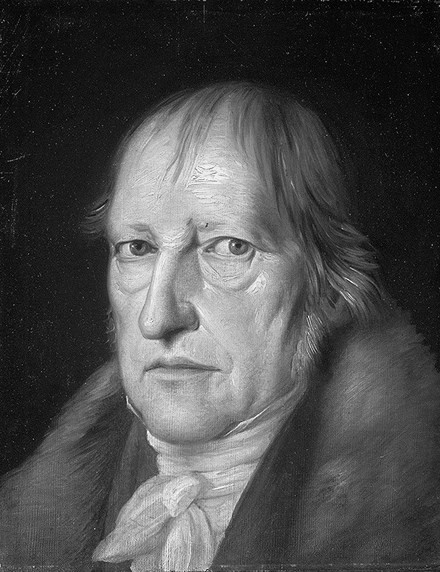
Publication details
Publisher: Springer
Place: Berlin
Year: 2019
Pages: 29-43
Series: Contributions to Phenomenology
ISBN (Hardback): 9783030175450
Full citation:
, "How is a phenomenology of historical worlds possible?", in: Hegel and phenomenology, Berlin, Springer, 2019


How is a phenomenology of historical worlds possible?
pp. 29-43
in: Alfredo Ferrarin, Dermot Moran, Elisa Magrì, Danilo Manca (eds), Hegel and phenomenology, Berlin, Springer, 2019Abstract
A phenomenology of the historical world, if successful, could provide us with a descriptive account of our historical world that does not pre-decide how the world should be organized on the political, economic, or cultural level. Yet in order for such a phenomenology to be successful, a plausible perspective on history is needed that is not limited to a mere succession of contingencies, but that allows exploring their connections. Teleology is what emerges from the description of these connections. According to both Hegel and Husserl, teleology is justified because history is (at least partly) shaped by human beings who act on reasons – but who can also be mistaken or manipulated. The thesis of the current article is that Husserl's phenomenology radicalizes Hegel's in such a way that a plausible account of history as teleology emerges, yet in such a way that history does not need to have one goal set from the beginning. Moreover, Husserl's phenomenology allows for a plurality of historical worlds; it does not need to settle on an account of progress, and it allows to explore crises. Finally, on the issue of critique, a Husserlian response would be that understanding the crisis in its origins and different historical manifestations is a necessary first step to addressing it.
Cited authors
Publication details
Publisher: Springer
Place: Berlin
Year: 2019
Pages: 29-43
Series: Contributions to Phenomenology
ISBN (Hardback): 9783030175450
Full citation:
, "How is a phenomenology of historical worlds possible?", in: Hegel and phenomenology, Berlin, Springer, 2019



